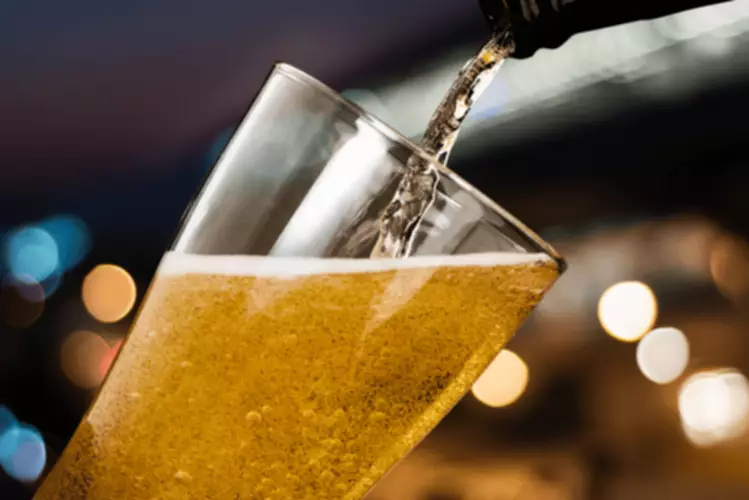
We’re brainwashed into thinking booze is a good thing before we’re even old enough to have our first glass.The language we use to describe alcohol use is very positive as well. When we reference other drugs, we talk about getting a fix, getting https://ecosoberhouse.com/ high or using. But with booze we’re just ‘getting tipsy’ or ‘feeling a bit merry’. Ethanol, a very tiny molecule, causes that feeling of being drunk. It is colorless, clear, and produced through the process of fermentation. But how can this small thing cause such a profound effect on our bodies?

What Are the Legal Consequences of Alcohol Abuse?

When we’re analysing the feeling of being drunk, it helps to think about someone who never normally drinks. What would their experience be, if they Alcohol Use Disorder were tricked into consuming alcohol? You may become unresponsive and your body loses its ability to rid itself of the alcohol.
What Does Drinking Too Much Feel Like?

Drinking is fun when you are out with friends, and its effects are pleasant, but remember that your liver takes time to process alcohol. The more or, the quicker you drink, the more your drinking outpaces your body’s processing abilities and the longer the alcohol will stay in your system. Regular drinkers have more enzymes in their livers that break down alcohol, leading to tolerance. But long-term drinking is harmful because your liver can get damaged. Genes can also contribute to alcohol addictions in some people. In addition to the obvious signs of drunkenness, like slurred speech and staggering, there are a few other telltale symptoms that can indicate someone is intoxicated.
The Psychological Experience
This is because what does feeling tipsy feel like alcohol stimulates the release of neurotransmitters like dopamine and serotonin, which contribute to these feelings. When alcohol enters the bloodstream, it begins to affect the central nervous system almost immediately. The brain’s neurotransmitters are altered, leading to changes in mood, perception, and behavior.
- However, remember that death is still possible at earlier stages and with other BAC figures.
- Additionally, a person will likely experience body temperature drops, poor circulation, possible respiratory depression, and possible death.
- If you’re new to drinking and feeling drunk, it’s important to know information surrounding alcohol and its effects.
- A person will enter the euphoric stage of intoxication after consuming 2 to 3 drinks as a man or 1 to 2 drinks as a woman, in an hour.
After experiencing what it’s like to be drunk comes the inevitable hangover for many people—a physical reminder that one has overindulged in alcohol consumption. Hangovers vary widely in intensity but typically include headaches, nausea, fatigue, sensitivity to light and sound, and general malaise. In social settings like parties or bars, people often report feeling more energized and sociable while drunk due to the stimulating environment around them.
- In the short term, alcohol consumption can impair brain function and coordination, leading to slurred speech, blurred vision, and slowed reaction times.
- As tolerance increases, it can be harder and harder to reach.
- The experience of being drunk is complex and varies widely from person to person.
- For more detailed information on how alcohol makes you drunk, check out this article.
- During the depressive phase, also known as the excitement phase, you begin to display signs of uncontrollable emotional highs, loss of coordination and judgment.


